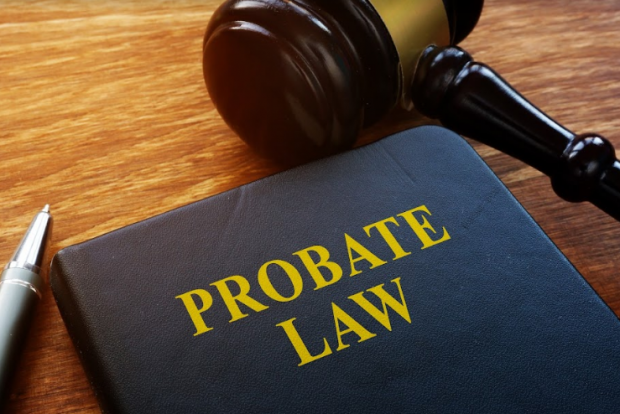4 Tips When Settling A Deceased Estate


Typically, settling a deceased estate is never easy. If you have no idea what to do in the first place, the process can be confusing, intimidating, and time-consuming. Depending on the circumstances, an estate settlement can be a lengthy procedure that you should take seriously right from the beginning. The process can be highly stressful for you, from the piles of paperwork to be prepared and filed to the financial obligations to be dealt with.
So, if you want to go through the estate settlement process as smoothly as possible, below are the four tips to consider from the get-go:
If you've decided to settle a deceased estate, you need to gather and organize the necessary documents. With the relevant information in place, you can streamline the process to ensure everything gets done smoothly and without any problems. For example, you can start the document-collection process by looking for the will, if there's any, and securing copies of your loved one's death certificate and other vital forms of documentation. These can include their current tax return, birth certificate, and social security number.
Once you get hold of these documents, make sure to organize them in a separate folder. Doing so allows you to keep track of these records once the settlement begins easily.
If the decedent had a will, you need to determine first whether a probate process is necessary. This is one of the essential things to do to ensure that the deceased's estate will be settled accordingly to their heirs and beneficiaries. For example, if you're named the executor of the will, you may need a Grant of Probate before certain financial institutions authorize you to transfer the assets to the new owners.

However, it's essential to note that not all estates have to undergo the probate proceeding, depending on the kind of assets and the total monetary value of the estate. If the estate consists of shared assets, such as real properties, vehicles, bank accounts, and the like, it'll less likely be required to be probated. If the estate is also considered a 'small estate' under the state's laws where the decedent resided, you may not be required to apply for a probate petition which is costly and time-consuming.
In many places, including Australia, probate and estate laws can be confusing, especially if you're not a legal expert. Fortunately, you can still determine if it's necessary with the assistance of a dedicated lawyer. By doing so, you can speed up the settlement process of your dead loved one's estate.
It's also crucial to keep in touch with the heirs and beneficiaries after locating the will. Since you already know who will receive the decedent's assets, you need to inform them about the matter. Doing so can help streamline the estate settlement procedure.
For example, suppose the estate needs to be probated first. In that case, you may need to communicate with them for their signatures in certain documents or additional personal information, such as active home address and contact number and other similar requirements. This is one reason why communication is essential when settling a deceased estate. By communicating with the heirs and beneficiaries, you can ensure the process will go smoothly.
Estate settlement won't succeed without taking a detailed inventory of all the assets. Even if you already know the persons who will receive the properties as part of the decedent's estate plan, it's still important to list all the assets to ensure proper administration.
For instance, if you're the executor of the estate, the inventory is necessary so you can take care of the assets until they're transferred to the heirs and beneficiaries accordingly. Without a list of all the assets included in the estate, you may find it difficult to identify them, making the distribution process much more complicated.
Moreover, taking an inventory to see what needs to be distributed is also required to appraise the value of all the assets. With the appraisal value of all your assets, you can find out whether the estate owes any taxes or not. Once the estate pays the taxes and other liabilities, you're now ready to distribute the remainder of the assets.
An estate settlement process can be daunting, especially if you have no idea how and where to start. It can be a complicated and lengthy procedure that needs to be taken seriously to achieve a more favorable result. However, settling a decedent's estate doesn't have to be challenging at all times.
By keeping the information mentioned above in mind, you can navigate the process more efficiently. The more you know what to do, the better you can take care of all the last wishes of the deceased loved one.
© 2023 Lawyer Herald All rights reserved. Do not reproduce without permission.
* This is a contributed article and this content does not necessarily represent the views of lawyerherald.com
Get the Most Popular Lawyerherald Stories in a Weekly Newsletter